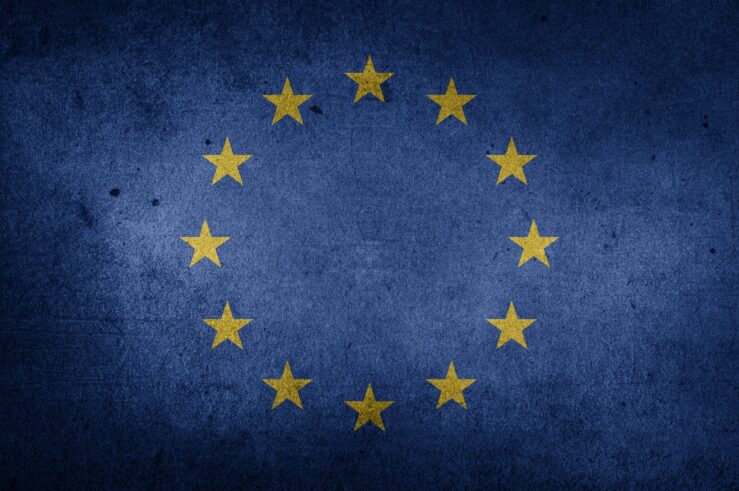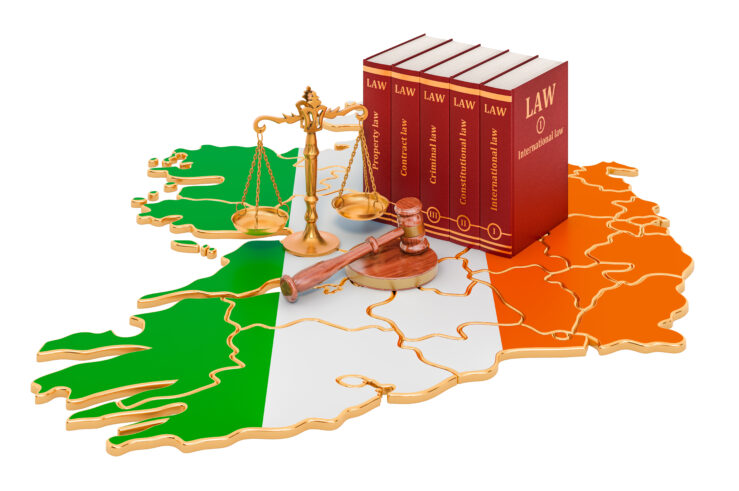Showing results for: “digital markets act”
Ag Antitrust and the Packers & Stockyards Act
The theme of the newest issue of the CPI Antitrust Chronicle focuses on agriculture and antitrust. The issue includes a paper by yours truly on the difficulties of effectively using the Packers & Stockyards Act of 1921 as an alternate means for enforcing competition policy in the agriculture sector (see here; also available at SSRN ... Ag Antitrust and the Packers & Stockyards Act
Solving Shelf Space Incentive Conflicts With Vertical Integration and By Contract in the Soda Market
There is a nice example in the WSJ concerning the economics of vertical contractual arrangements. I’ve noted previously the apparent trend in the soda industry toward vertical integration and the link to the economics of promotional shelf space. In particular, incentive conflicts between manufacturers and retailers of differentiated products over the use of promotional shelf ... Solving Shelf Space Incentive Conflicts With Vertical Integration and By Contract in the Soda Market
Why the ITC is actually a good place to adjudicate standard-essential patents
Over at Law360 I have a piece on patent enforcement at the ITC (gated), focusing on the ITC’s two Apple-Samsung cases: one in which the the ITC issued a final determination in which it found Apple to have infringed one of Samsung’s 3G-related SEPs, and the other (awaiting a final determination from the Commission) in which ... Why the ITC is actually a good place to adjudicate standard-essential patents
European Commission Objection to App Store Rules Lack Empirical Support
The European Commission recently issued a formal Statement of Objections (SO) in which it charges Apple with antitrust breach. In a nutshell, the commission argues that Apple prevents app developers—in this case, Spotify—from using alternative in-app purchase systems (IAPs) other than Apple’s own, or steering them towards other, cheaper payment methods on another site. This, ... European Commission Objection to App Store Rules Lack Empirical Support
Platform Self-Preferencing Can Be Good for Consumers and Even Competitors
Critics of big tech companies like Google and Amazon are increasingly focused on the supposed evils of “self-preferencing.” This refers to when digital platforms like Amazon Marketplace or Google Search, which connect competing services with potential customers or users, also offer (and sometimes prioritize) their own in-house products and services. The objection, raised by several ... Platform Self-Preferencing Can Be Good for Consumers and Even Competitors
Regulating Big Tech Will Hurt Small Business
The writing is on the wall for Big Tech: regulation is coming. At least, that is what the House Judiciary Committee’s report into competition in digital markets would like us to believe. The Subcommittee’s Majority members, led by Rhode Island’s Rep. David Cicilline, are calling for a complete overhaul of America’s antitrust and regulatory apparatus. ... Regulating Big Tech Will Hurt Small Business
The European Approach to Standard Essential Patents (SEPs): A Sound Critique by Scalia Law’s Global Antitrust Institute (GAI)
The Scalia Law School’s Global Antitrust Institute (GAI) has once again penned a trenchant law and economics-based critique of a foreign jurisdiction’s competition policy pronouncement. On April 28, the GAI posted a comment (GAI Comment) in response to a “Communication from the [European] Commission (EC) on Standard Essential Patents (SEPs) for a European Digitalised Economy” ... The European Approach to Standard Essential Patents (SEPs): A Sound Critique by Scalia Law’s Global Antitrust Institute (GAI)
Build Broadband Better: Focus on Competition, Not Competitors
President Joe Biden named his post-COVID-19 agenda “Build Back Better,” but his proposals to prioritize support for government-run broadband service “with less pressure to turn profits” and to “reduce Internet prices for all Americans” will slow broadband deployment and leave taxpayers with an enormous bill. Policymakers should pay particular heed to this danger, amid news ... Build Broadband Better: Focus on Competition, Not Competitors
A Response to Gus on Our New FTC Overlords
Gus Hurwitz’s closing post in this symposium was a very cogent and persuasive (albeit overly optimistic) take on the current state of antitrust enforcement. I hesitate to quibble with my intellectual superior, but on some points I have a slightly different take. Gus says that law should be made through legislation or litigation, and obviously ... A Response to Gus on Our New FTC Overlords
Antitrust, Obsolescence and the "New Economy" (Again)
Gordon Crovitz (WSJ) plays the new economy card on antitrust. Its a familiar wrap for those in the antitrust community that hit its peak in the original Microsoft days with virtually every competition policy scholar and commentator chiming in with an opinion about whether the internet and network effects and so forth rendered antitrust obsolete. ... Antitrust, Obsolescence and the "New Economy" (Again)
The Australian approach to “consumer protection” policy is a threat to consumer welfare and free speech
The US Senate Subcommittee on Antitrust, Competition Policy, and Consumer Rights recently held hearings to see what, if anything, the U.S. might learn from the approaches of other countries regarding antitrust and consumer protection. US lawmakers would do well to be wary of examples from other jurisdictions, however, that are rooted in different legal and ... The Australian approach to “consumer protection” policy is a threat to consumer welfare and free speech
Irish Decision Will Raise Stakes to Resolve Transatlantic Data Trade
We can expect a decision very soon from the High Court of Ireland on last summer’s Irish Data Protection Commission (“IDPC”) decision that placed serious impediments in the transfer data across the Atlantic. That decision, coupled with the July 2020 Court of Justice of the European Union (“CJEU”) decision to invalidate the Privacy Shield agreement ... Irish Decision Will Raise Stakes to Resolve Transatlantic Data Trade









